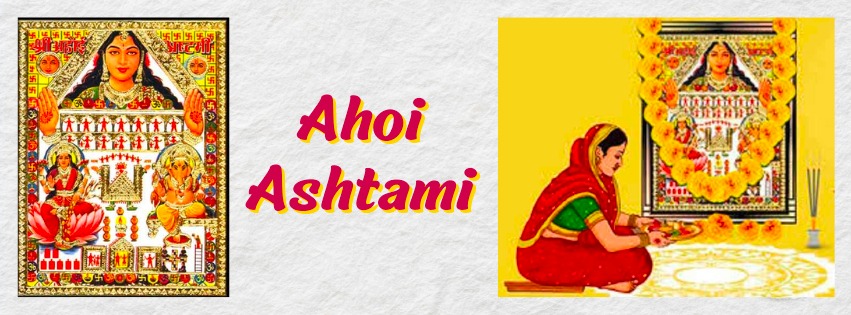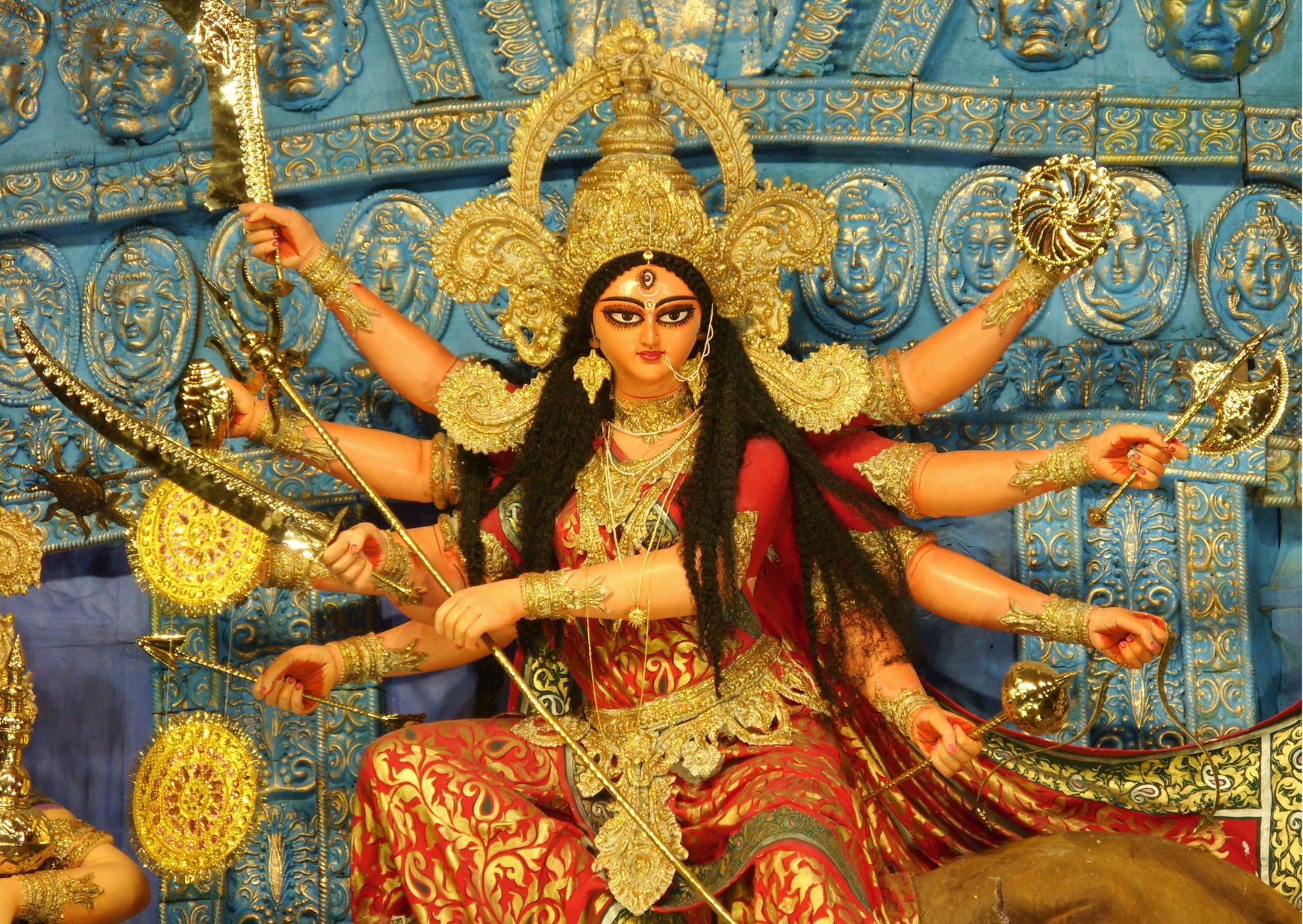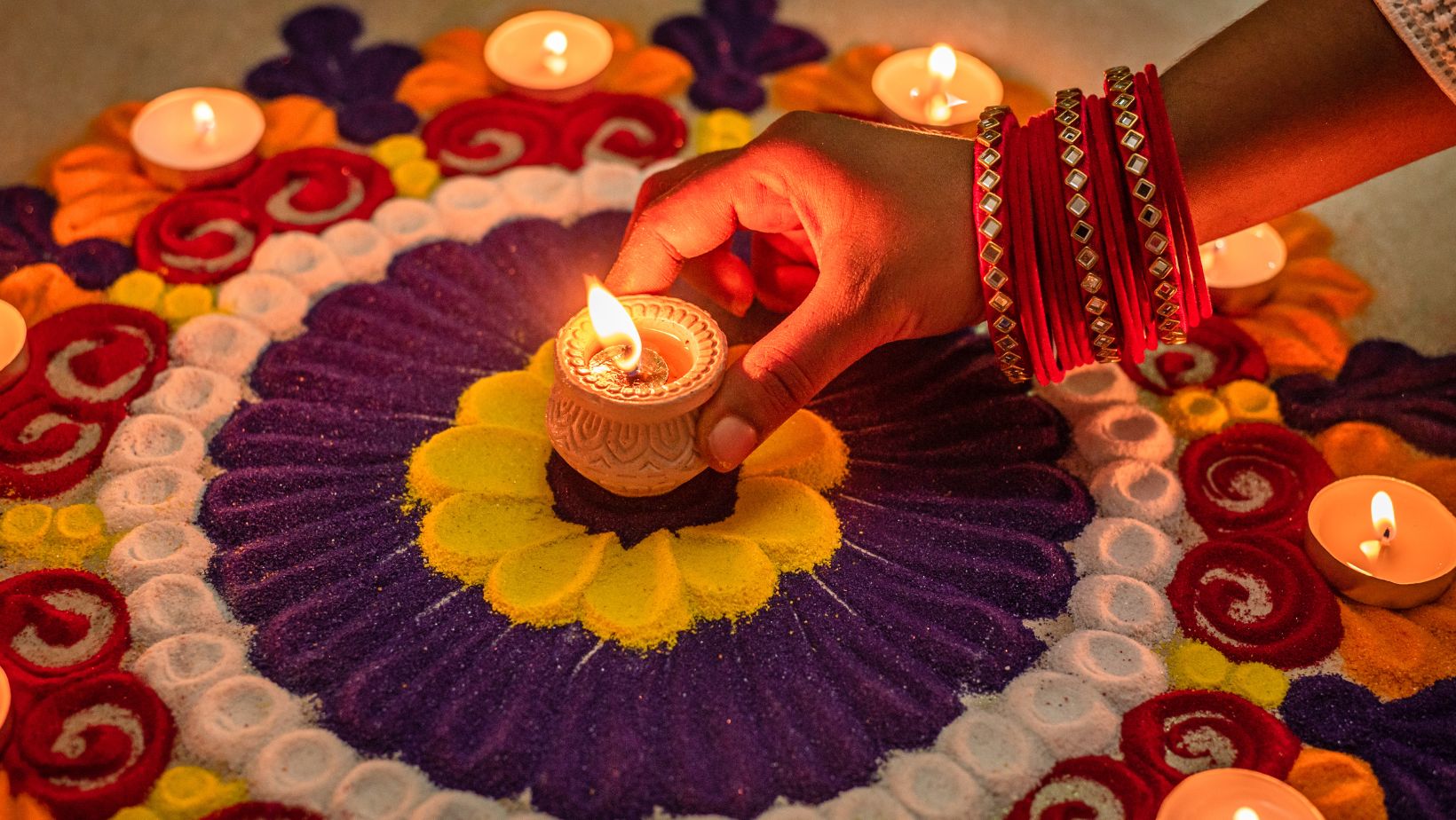Ahoi Ashtami: When mothers perform special prayers for their children
Ahoi Ashtami: a festival that celebrates a mother's love care and devotion for her children
Ahoi Ashtami is the special day that channels one of the most powerful forces on Earth, a mother's love
Ahoi Ashtami is a Hindu festival celebrated by mothers for the well-being and longevity of their children. This unique observance holds a special place in the hearts of Indian families, as it demonstrates the deep bond between mothers and their offspring. The festival is also called Ahoi Aathe (aath means 8) because fasting for Ahoi Ashtami is done on the Ashtami Tithi which is the eighth day of the lunar month.
Significance of Ahoi Ashtami
Though Ahoi Ashtami is primarily celebrated in Northern India, especially in states like Punjab, Haryana, and Rajasthan, it is also seen widely observed in Gujarat, Maharashtra and other Southern Indian states. The festival typically falls on the krishna paksha ashtami of Kartik (the eighth day of the waning phase of the moon in Kartik month of Hindu calendar), which usually occurs in October or November. "Ahoi" refers to "Ahoi Mata" (Mata means mother), who is none other than Godess Lakshmi.
This festival is centered around maternal love and protection. Mothers observe this day to protect their offspring and pray for their good health, happiness, and prosperity.
Customs and rituals of Ahoi Ashtami
Preparations: Ahoi Ashtami preparations begin a few days in advance. Mothers clean their homes and adorn them with traditional decorations. A special corner, typically near the altar, is dedicated to the Ahoi Mata image. The image is drawn on a clean surface, such as a wall or a piece of paper, along with the image of an owl, which is the vehicle of Ahoi Mata.
Humble yet special offerings are made to Ahoi Mata, which include including fruits, grains, and sweets. These offerings symbolize the mother's gratitude and devotion to the deity.
The Upvas and Vrata:
On Ahoi Ashtami, mothers observe a day-long upvas / vrata (fasting with sacred dedication and pledge). This fast is quite strict, and no food or water is consumed until the stars (or in some cases moon) sighting.
Mothers break their fast with various traditional foods like jaggery, ghee, and fried sweets. The entire family partakes in the delightful meal together.
Storytelling:
Children love stories, and this festival has many for them. As evening approaches, mothers gather with their children for a storytelling session. They narrate the Ahoi Ashtami Katha , which recounts the significance of the festival and the power of a mother's love. They share the miracles the generous Mata Ahoi has performed for her beloved devotees.
Community Celebration:
Ahoi Ashtami is an endearing family celebration but is also celebrated within the community. Neighbors and relatives come together to share their experiences and engage in collective prayers.
Ahoi Ashtami is a beautiful reminder of the love, devotion, and selflessness that mothers. The children see their mothers observe the day with such devotion and feel themselves wrapped in a cozy and secure blanket of love, added to which are delicious treats and Kathavachan (story time). The festival's customs and rituals bring families together and reflect the rich traditions that make Indian culture both, deep and elevated.



